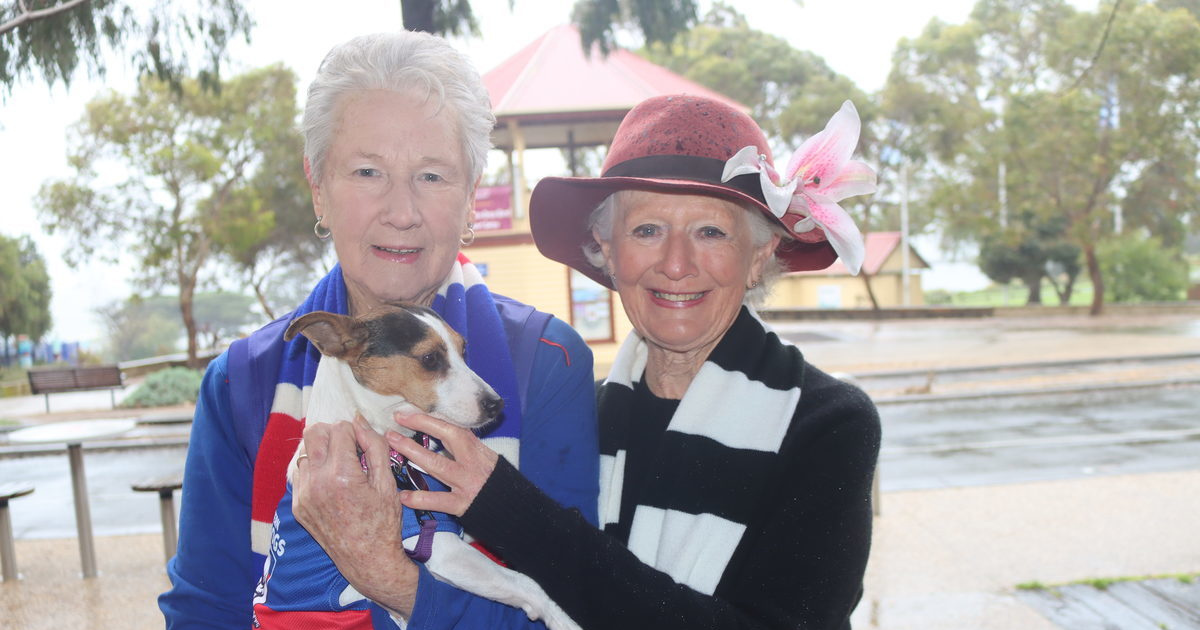Girls solving problems with STEM

Students Chloe S, Violet S and Maisie B from Manifold Heights Primary School with their project. Photos: SUPPLIED
MORE than 50 local primary and secondary students have become the latest to participate in Deakin University’s Girls as Leaders in STEM (GALS) program.
The program, first held in 2020, challenges pupils from Grade 5 to Year 8 to solve local industry or school-based issues with the help of science, technology, engineering and mathematics (STEM).
Projects undertaken by this year’s GALS cohort included developing techniques to capture harmful microplastics, plans for inclusive sensory spaces, and ways to tackle deforestation.

Deakin University professor and project lead Linda Hobbs said the program gave girls the opportunity to consider a career in a traditionally male-dominated sector.
“Girls have all kinds of interests and strengths but may feel daunted at the prospect of entering a male-dominated career or feel out of place in a classroom populated mostly by their male peers.

“GALS makes science visible to the girls and their teachers and exposes more girls to STEM.
“It also helps schools see the value of science learning across the years.”
Each of this year’s projects were displayed at a public launch last week at Costa Hall.
Students from Belmont Primary School, Mandama Primary School, Manifold Heights Primary School and St Ignatius College were among those to share their works.

Manifold Heights pupil Ava said the GALS program had helped her to feel more confident about entering a career in STEM.
“My group decided to research painting bins to try and make them look more appealing. That way people want to put rubbish in them.
“Overall, there’s not a lot of girls in STEM so it’s important that if you want to be an engineer when you’re older, you already know how to do the engineering and the maths and all the cool things.”
The GALS program will run again in Ballarat, Warrnambool and Mildura later this year.
Deakin has plans to expand the sessions to other parts of the state in the near future.
For more information, head to redi.deakin.edu.au/projects/girls-as-leaders-in-stem

















